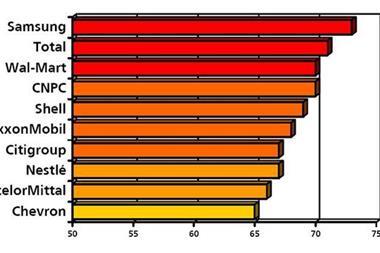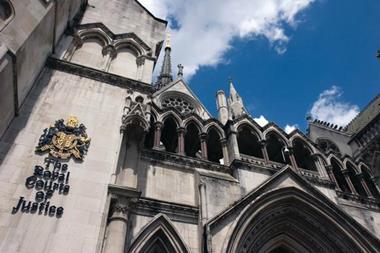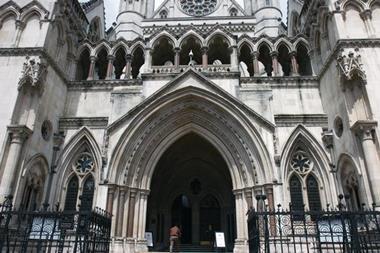But activists hailed the case a victory in corporate accountability
A US District Court acquitted Chevron of complicity in human rights abuses.
The case concerned a 1998 incident in which Nigerian soldiers and police shot unarmed residents of the Ilaje community in southern Nigeria. The residents were staging a protest against Chevron’s offshore Parabe Platform.
The protesters said Chevron’s operations had devastated the local communities’ access to food and clean water.
In response to the protest, Chevron summoned Nigerian police and military and transported them to the oil platform.
The Nigerian military and police killed two protesters and injured others.
The corporate accountability activists also said that several protesters were taken to Nigerian jails and tortured.
The jury was charged with deciding whether Chevron aided and abetted the Nigerian military, in violation of international law.
The case marks the first time a US corporation has been held liable by a jury in US court for aiding and abetting human rights abuses committed overseas.
Despite the verdict, corporate accountability advocates vowed to continue the struggle to bring Chevron and other corporations to justice for human rights violations committed overseas.
‘[This case] demonstrates that there is a clear pathway in the US court system for holding corporations accountable to the rule of law,’ said Laura Livoti, founder of the group Justice in Nigeria Now.
‘This is the first time a case against a company for aiding and abetting human rights violations overseas has even gone before a jury.’
Livoti said the Nigerian activists were ‘disappointed’ by the result, but insisted that recent events have proved that corporate excess needs to be reined in.
‘In the near future, corporations will no longer have a free ride to operate with impunity in ways that are destructive and dehumanizing,’ she said.
‘Now communities around the world know that they have recourse to legal mechanisms to bring corporations that violate their human rights to justice,’ said Michael Watts, a professor at UC Berkeley.




















No comments yet